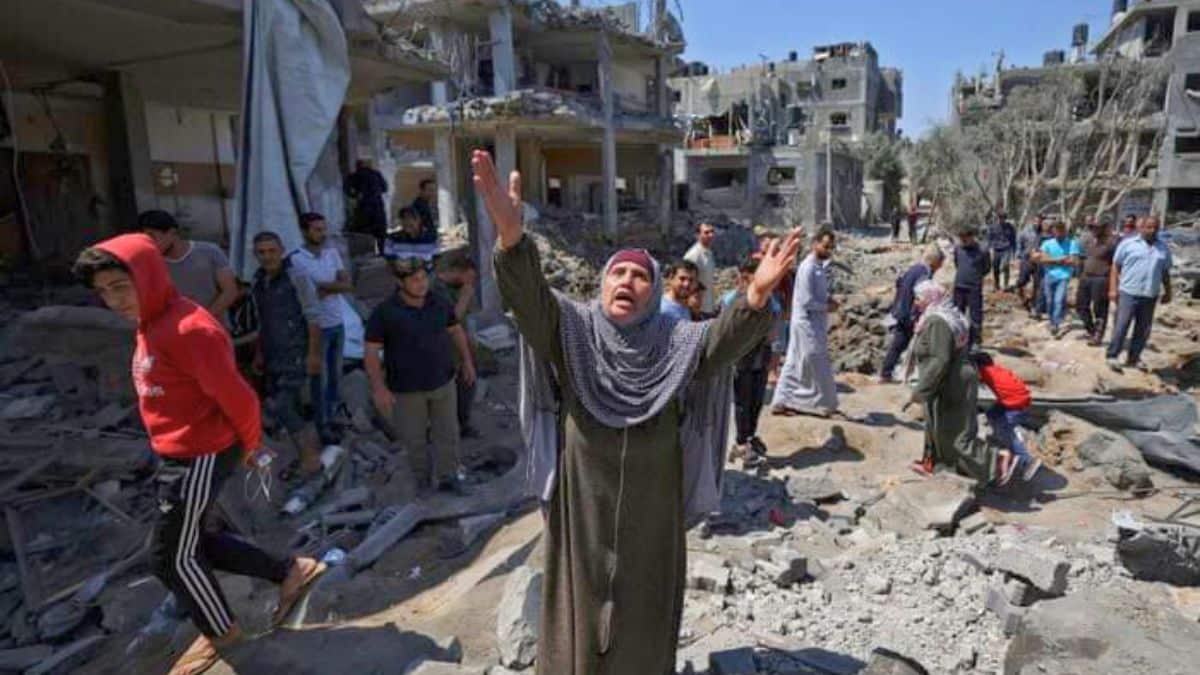In a recent development, Israel has announced new and more stringent conditions for a ceasefire agreement. This move, reported on Monday, represents a significant escalation in the terms Israel is willing to accept for halting hostilities.
According to sources close to the negotiations, the revised conditions include heightened demands related to security measures and territorial control. Specifically, Israel is now insisting on increased monitoring of ceasefire violations, enhanced security protocols in contested areas, and stricter controls on the flow of goods and people in and out of conflict zones.
The new terms are a response to what Israeli officials describe as persistent breaches of previous ceasefire agreements. The government asserts that these tougher conditions are necessary to ensure lasting peace and prevent further escalation of violence. This stance highlights Israel’s concerns about the effectiveness of earlier agreements and its determination to secure more robust safeguards.
The reaction to these tougher terms has been mixed. International mediators have expressed concerns that the increased conditions could complicate negotiations and prolong the conflict. Critics argue that the stringent requirements might be seen as punitive and could undermine trust between the parties involved. On the other hand, supporters of the new conditions contend that they are essential for maintaining security and achieving a sustainable resolution.
The introduction of these tougher ceasefire conditions comes at a time when the international community is actively engaged in efforts to broker peace. The implications of this development are likely to be closely watched by stakeholders and could influence the trajectory of the ongoing conflict.
As the situation continues to evolve, all eyes will be on how these new terms impact the broader peace process and whether they will lead to a more durable resolution or further exacerbate existing tensions.

